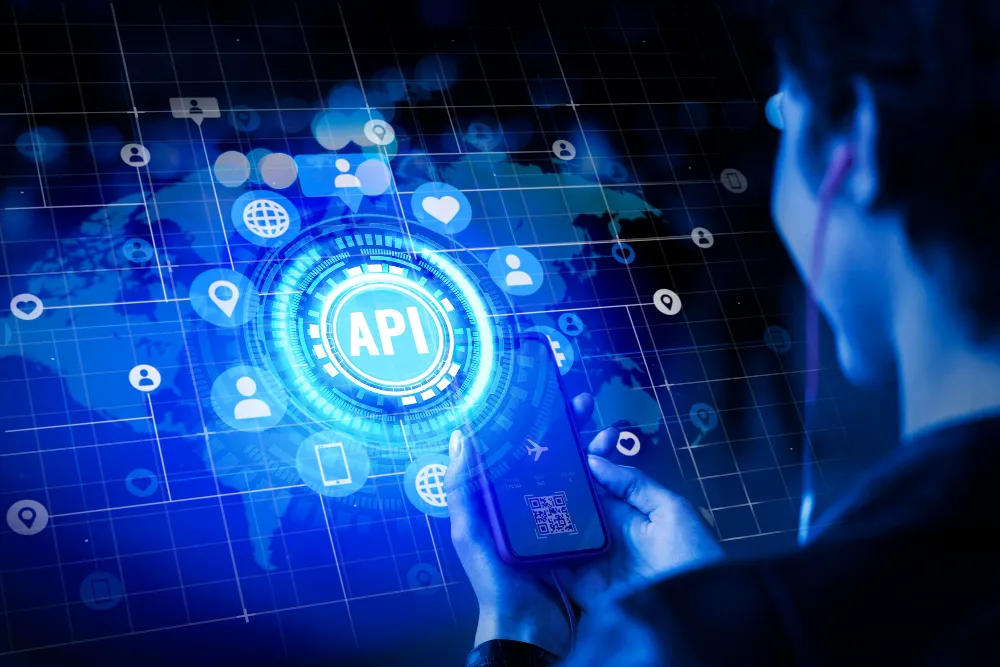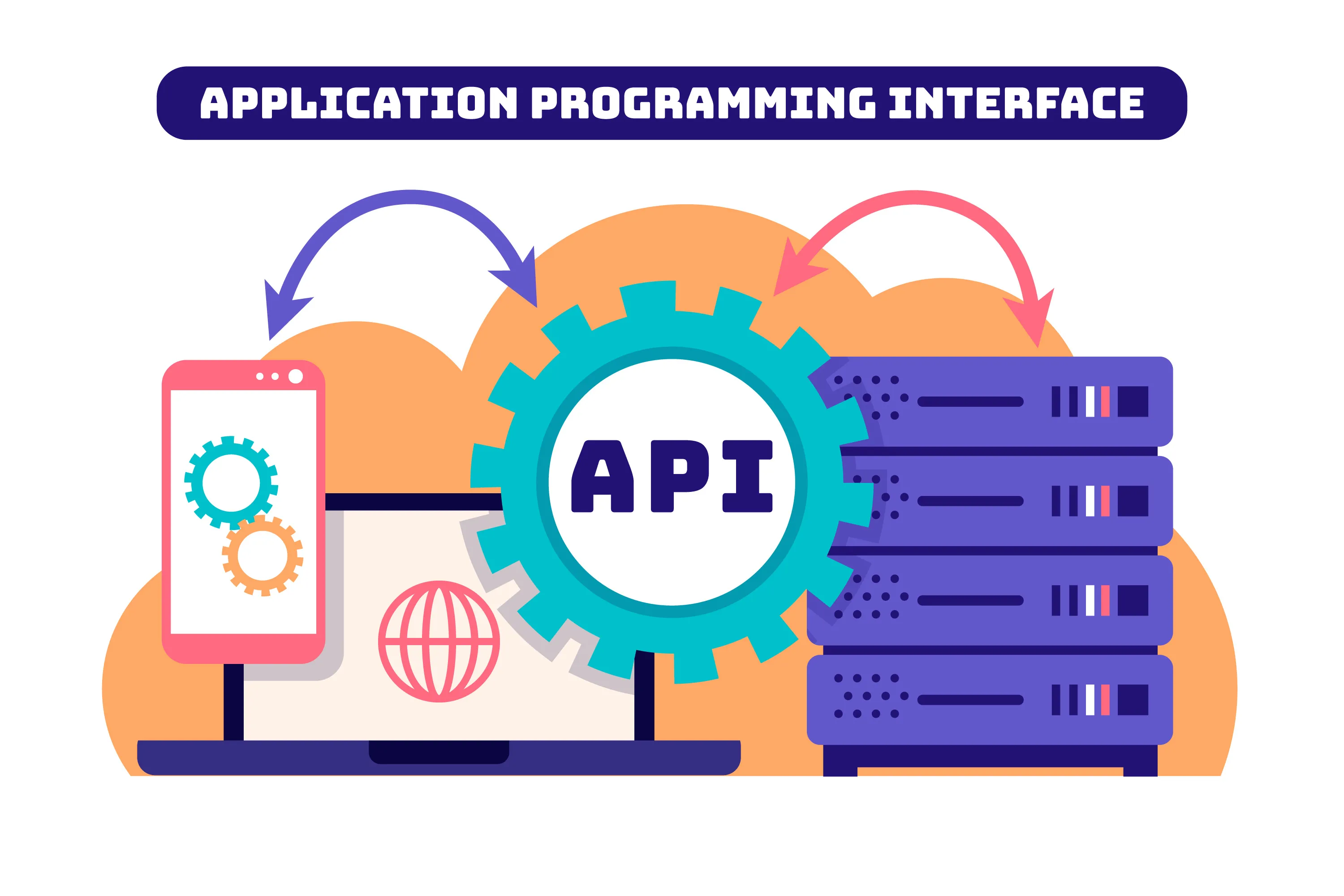How the program will be conducted
LMS Technologies with its start-of- art class rooms and Lab infrastructure at Noida offer the best and most conducive learning environment, with a team of highly skilled trainers having years of industry experience. Classroom trainings will be conducted on a daily basis. Practical exercises are provided for the topics conducted on daily basis to be worked upon during the lab session. Online session conducted through the virtual classroom also have the same program flow with theory and practical sessions. Our Labs can be accessed online from across the world allowing our online training student to make the best use of the infrastructure from the comfort of their home.
Professional Professors
Our dedicated team of experts in API testing and microservices architecture brings a wealth of industry experience and academic knowledge to guide you through every aspect of the program. With a focus on real-world applications, our mentors offer personalized support, practical insights, and cutting-edge knowledge in API testing methodologies, microservices deployment, and automated testing with tools like Rest Assured.
We are proud to collaborate with professionals and researchers who have made significant contributions to the field of API development and microservices. Our mentors are committed to equipping students with the skills needed to excel in a rapidly evolving technological landscape, ensuring they can effectively build and manage scalable, secure, and reliable applications.
















